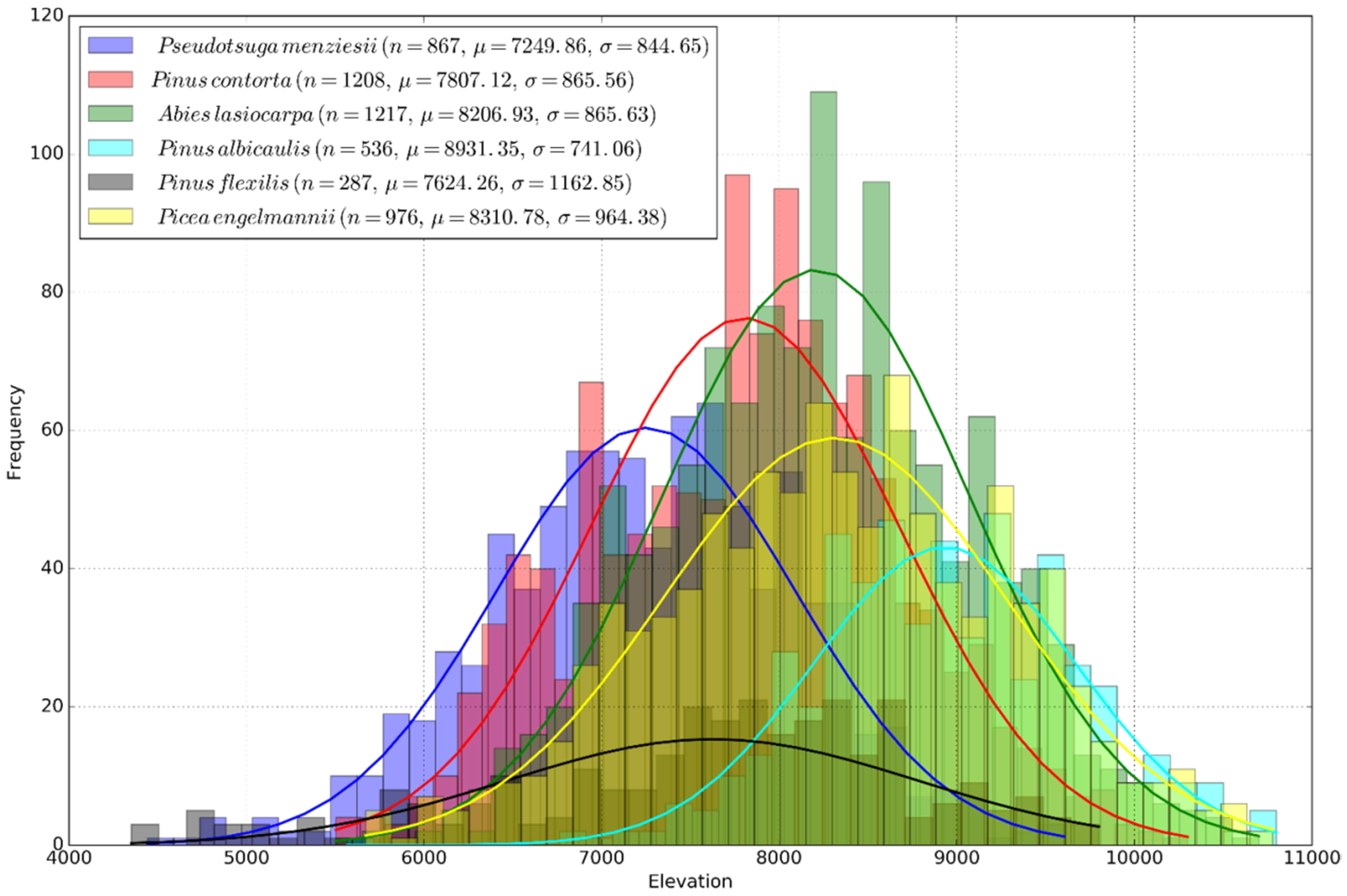

Tissue in Formalin and\or 2.5% gluteraldehyde. Specimen is processed at YPI for send out to a reference laboratory. Samples that are clotted, refrigerated, or frozen are unacceptable and will be rejected.Ĩ8184 (1st marker), 88185 each add. Sample must be received within 24 hours of collection or meet viability requirements. Unlabeled specimens will be rejected.Īmbient temperature (20- 25✬). Label all specimen’s with patient’s name and a second unique identifier. Send at least one peripheral smear or bone barrow aspirate smear and CBC results. Core biopsy or solid tumor (fresh tissue) should be submitted in equal amounts of RMPI transport media. CSF, peritoneal, or other fluid may be submitted without any anticoagulant or RMPI. ACD (yellow top) or sodium heparin (green top) specimens are acceptable, if the EDTA tube is not available. J K L Leukemia/Lymphoma Phenotyping Methodology:ĥ mL whole blood or 1mL bone marrow collected in an EDTA (lavender top tube). ThinPrep®: Ambient temperature in ThinPrep®Collection Vial Tissue: Ambient temperature Specimens greater than 21 days old will be rejected. Label specimen with patient’s name and a second unique identifier.

Unlabeled specimens will be rejected.Cervical & Endocervical specimen collected with brush and spatula or broom rinsed in the ThinPrep®Collection Vial.
YELLOWSTONE PATHOLOGY PLUS
Three sections (45 um thick) paraffin-embedded tissue, plus two Hematoxylin & Eosin (H&E) slides. HPV 16/18 Genotyping (on Head, Neck Squamous Cell Carcinomas ThinPrep® Paps) Methodology:ĭNA Extraction PCR (Tissue), Nucleic Acid Amplification (ThinPrep Vial) Specimens greater than 21 days old will be rejected.ġ-8 days after request or reflex from Thin Prep HPV (Human Papillomavirus) RNA Probe (High Risk Probe) Methodology:Ĭervical & Endocervical specimen collected with brush and spatula or broom rinsed in the ThinPrep®Collection Vial. Unlabeled specimens will be rejected.ģ-5 working days after receipt in the laboratory Hormone Evaluation (Note: Will not be reported exclusive of a ThinPrep®Pap) Methodology:Ī vaginal specimen is required for hormone evaluation.If the patient has no cervix, the hormone evaluation will be performed on a vaginal specimen in ThinPrep®vial or on a slide.If the patient has a cervix, and you are requesting a ThinPrep® Pap, place the cervical specimen in the ThinPrep®vial and place the vaginal specimen on a slide. Unlabeled specimens will be rejected.įormalin-fixed, paraffin embedded tissue blocks that contain tissue representative of tumor. Thin Prep Papanicoulou stain Direct Slide Wright-Giemsa stain microscopic examĪspirate in Cytolyt. Results must be reported within 72 hours. Samples are stable for 24-48 hours at ambient temperature or refrigerated. Please supply patient height and weight on requisition Label specimen with patient’s name, and a second unique identifier. Cannot be added after ThinPrep® Pap vial has been processed for GYN Cytology.Īmbient temperature in ThinPrep®Collection Vialģ mL whole blood collected in a lavender (EDTA). Specimens greater than 21 days old will be rejected.NOTE: Test must be ordered at the time specimen is submitted. Unlabeled specimens will be rejected.Ĭ Chlamydia/Neisseria (CT/NG) Screening Methodology:Ĭervical & Endocervical specimen collected with brush and spatula or broom rinsed in the ThinPrep®Collection Vial. Label with patient’s name and a second unique identifier. Samples stable for 48 hours post collection.īronchioalveolar Lavage for Lipids Methodology:įresh BAL specimen. Use cold pack for transport making sure cold pack is not in direct contact with specimen. Please provide a recent CBC & face sheet with insurance information. Markers include CD19 & CD20 to determine the percentage and the absolute count of circulating B-Cells in the peripheral circulation. Alphabetic Test Listing A B C D E F G H I J K L M N O P Q R S T U V W X Y Z B B-Cell Enumeration Methodology:


 0 kommentar(er)
0 kommentar(er)
